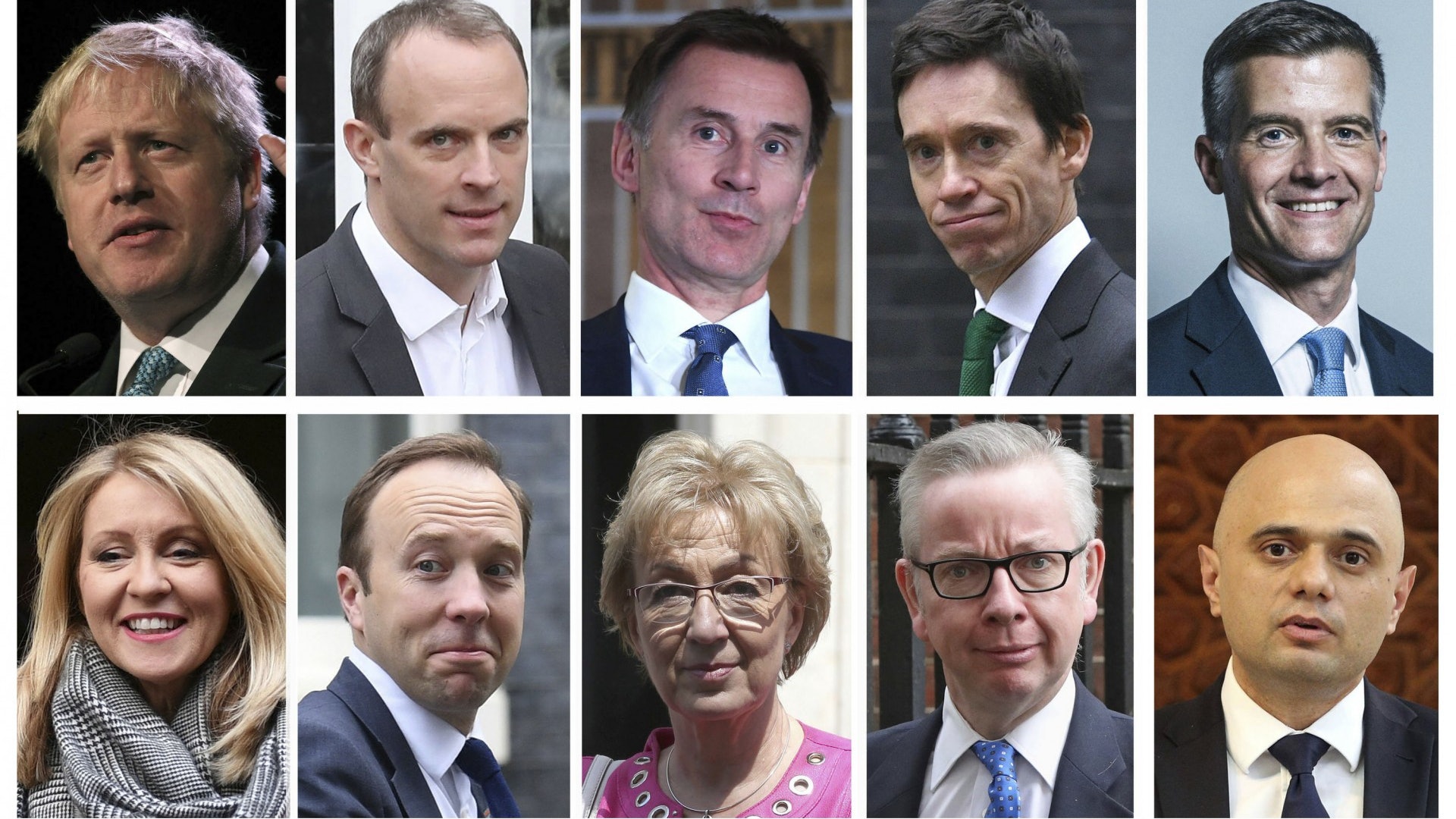British Prime Minister Wen Cuishan resigned on Friday (7th) and the election of the Conservative Party leader was officially launched. After the nomination, the 1922 Committee announced on Monday (10th) the list of candidates for the leader and prime minister. A total of 10 people successfully entered the gate, including former foreign minister Boris Johnson.
Wen Cuishan was unable to save the dilemma and stepped down. The Brexit is naturally the top priority of the next prime minister. Just outside of Brexit, how will each candidate meet the expectations of voters? What else is there in their political platform?
Boris Johnson: Significant tax cuts
Former Foreign Minister Johnson proposed a substantial tax cut, raising the 40% threshold for high income tax rates from £50,000 to £80,000. The tax net that has caused hundreds of thousands of people to fall below the standard rate is only required to pay a standard rate of 20%. It is estimated that each person pays less than several thousand pounds of tax, thus stimulating the economy after the Brexit. He also advocated a reduction in commercial taxes.
In addition to tax cuts, Johnson also promised to invest more in infrastructure, policing, education and health care, protect the environment, and proposed increased defense spending.
Jeremy Hunt: Improving the business environment
The current foreign minister, Hou Junwei, also proposed tax cuts, but it is aimed at the business sector. He expects to build the UK into the best business country in Europe, reducing corporate tax to 12.5%. Under the current tax system, corporate tax will be reduced to 17% in April 2020.
Hou Junwei listed the education reform plan, promised to increase funding, and hoped that there would be no more illiterate.
Andrea Leadsome: Reform Education
Former House of Commons leader Riyah Hua promised to overhaul the current higher education funding system and provide funds to provide more courses for students.
Michael Gove: Cancellation of VAT
Environment Minister Gao Wenhao pledged to look for alternatives to Value Added Tax, switch to lower tax rates and simpler sales taxes, and cut commercial taxes for SMEs. He also proposed that he would re-examine the competition law and remove obstacles for new companies joining the market.
Gao Wenhao also hopes to introduce Australia’s scoring immigration system. He also said that he will increase investment in the society affected by de-industrialization and increase retraining and education expenses.
Sajid Javid: Tax cuts increase treasury revenue
Home Secretary Jia Weide advocates a 45% additional tax rate on income tax cuts, arguing that tax cuts can increase the money flowing into the national treasury. He also advocates the establishment of a £100 billion infrastructure investment fund to improve roads, railways and broadband. At the same time, he also focused on education issues, recruiting 20,000 additional police officers and freezing fuel taxes.
Dominic Raab: Increase medical funding
Former Brexit Minister Lan Lanwen said that the UK should cut the income tax minimum tax rate by 1% per year, and proposed a clean energy research plan, and advocated an additional 20 billion pounds for the National Health System (NHS) through long-term plans.
Rory Stewart: Setting up a simple tax law
International Development Minister Shi Dawei indicated that he will not propose an expenditure plan without funding support, nor will he announce the tax reduction measures that cannot be undertaken. He proposed to set up a simpler tax law, increase infrastructure spending to develop areas outside of London, and increase funding for schools and police.
Shi Dawei will also sell the government’s shares in Royal Bank of Scotland.
Matt Hancock: raising the minimum wage
The Minister of Health, Xia Guoxian, hopes to reduce taxes to the working class citizens when they are able to afford them. For low-income people, he proposed raising the national living wage to two-thirds of the median income, meaning that in the next general election in 2022, the national living wage would exceed £10 per hour. He also advocates the establishment of a long-term education program.
The Conservative Party leaders held a number of votes on Thursday (13th) to cut the candidates to the last two. The new party leader is expected to be elected at the end of July, and Theresa May will continue to serve as the guardian prime minister until the successor is elected.












